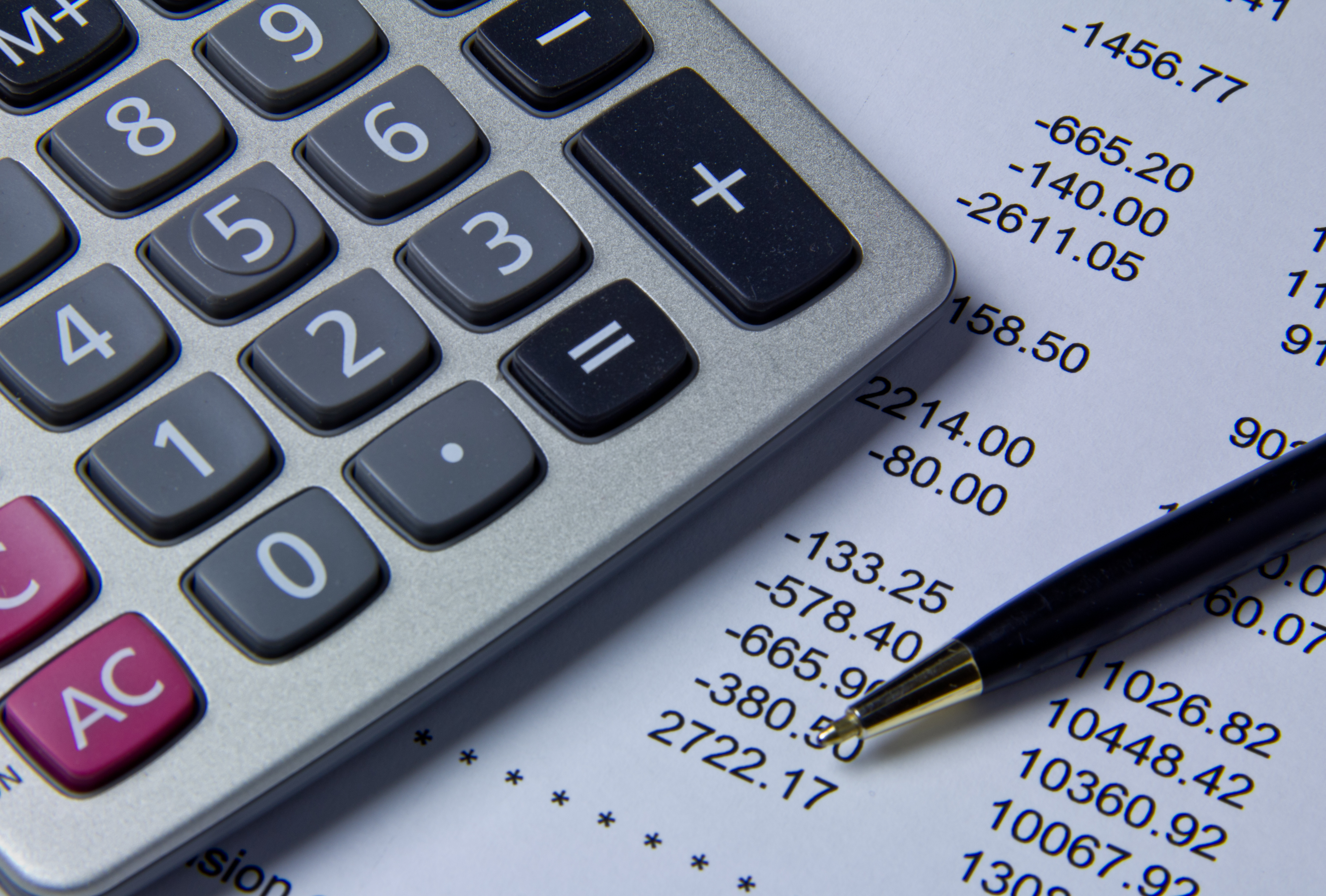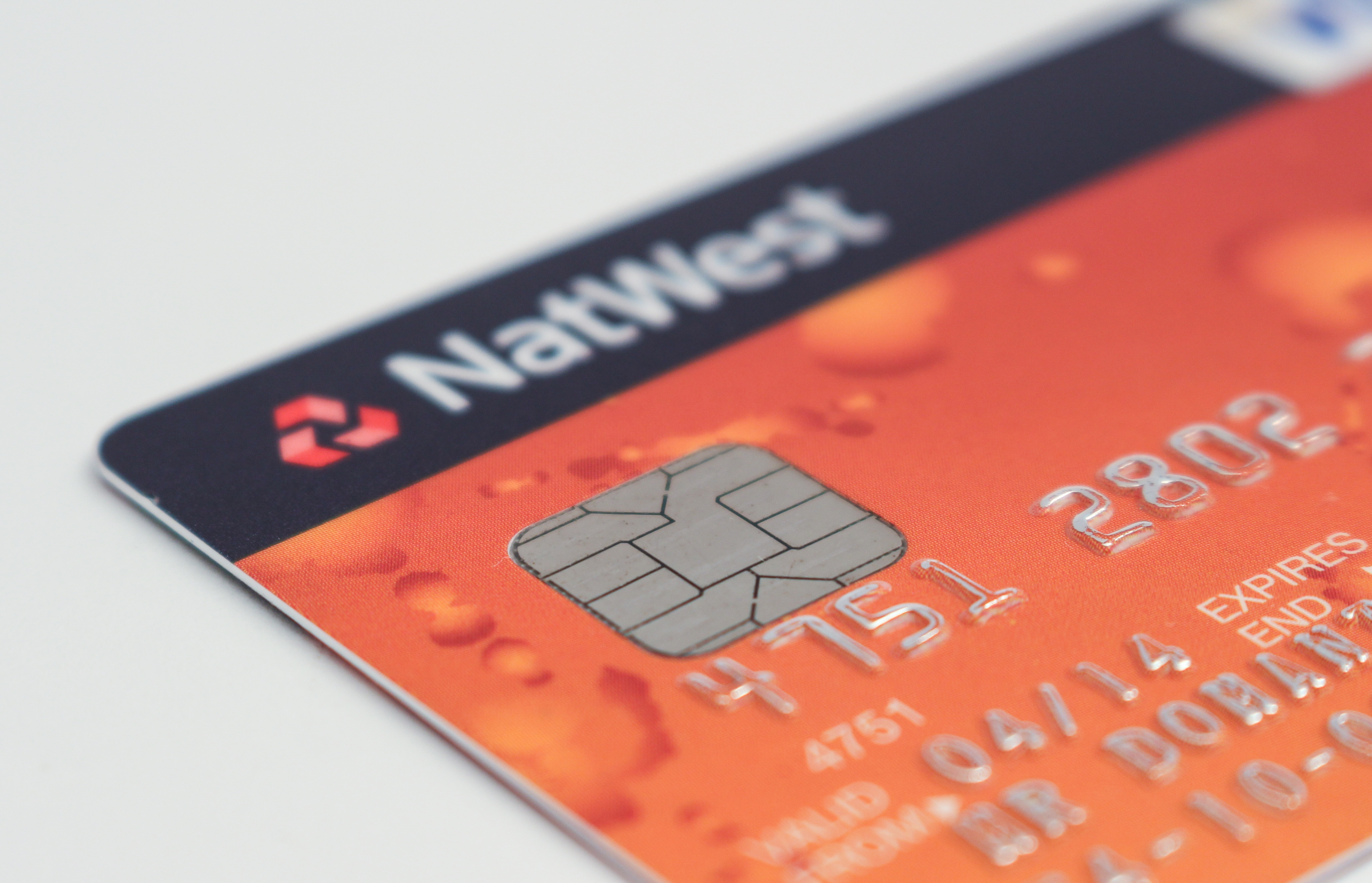Legally speaking, sole traders aren’t required to set up a business bank account. As no other party is involved, you and your company are essentially treated as one entity. Business matters can therefore be merged into a personal account.
However, we highly recommend setting up a separate business account to avoid confusion and view financial figures with more precision. This is especially useful when dealing with the HMRC.
Here are some more reasons why sole traders benefit from having a business bank account.
Tax Affairs
Mixing personal transactions with business payments will only complicate matters when calculating tax and completing your annual self-assessment return. Your accountant will appreciate a ‘cleaner’ record of complex figures as well.
It’s also best to use a business debit card to complete purchases for reclaimable expenses, i.e. petrol or vehicle insurance, to show the HMRC everything is above board. Likewise, reclaiming on other expenses, such as bank charges or interest, is not possible with a personal account at all.
Privacy
If you don’t place your business affairs into a different bank account, the government are entitled to prise into your personal transaction history with the justification everything is in the same place. Your accountant may also need access into your private bank details.
Professional Appearance
As a sole trader, it’s within your best interests to set up a business account to create a more professional appearance. Potential clients are more likely to trust a bank account that uses a trading name, i.e. John Smith Plumbing, rather than just a personal name.
Expansion Purposes
If you start to process an increasing number of transactions each month, some banks actually insist that you set up a separate account. This is also the case if you want to become a limited company where a business bank account is obligatory.
Business Loans
If you require a business loan as a sole trader, banks will only tend to accept if you have a separate business bank account. Here, you can demonstrate company figures with far more clarity without personal transactions in the way. As noted, it also promotes a far more professional appearance which lenders favour.
Types of Business Account
Business accounts come with various features that suit different types of companies. Although you’ll be receiving a separate bank card, cheque book and online banking facility, other features will differ depending on the branch you use.
For example, start-ups will often receive free banking but only for a limited period, usually set between 12 and 24 months. After this, you’ll be placed on a set tariff where monthly charges are incurred. Overdraft limits will also differ, with some banks offering better APR rates than others.
We recommend you use price comparison websites to compare different business accounts or speak to a qualified accountant who’ll advise which bank offers the best deal for your specific sole trader company.
For more advice on your business bank account, get in touch for a chat.
When you’re just starting out, many sole traders want to do things on their own to save money so you may be interested in learning about the basics of bookkeeping.



